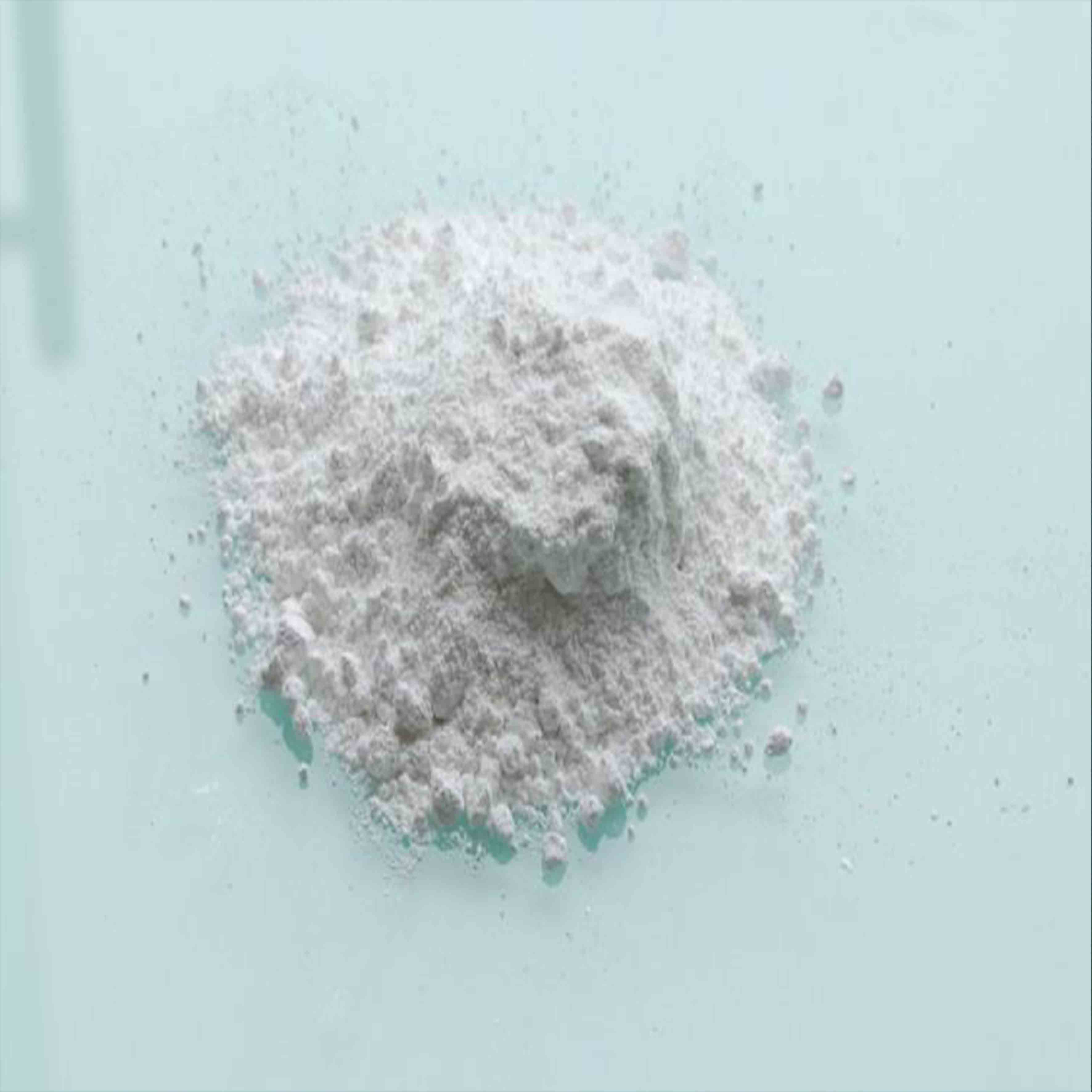On the other hand, Westerhoff said, there are hundreds of studies showing no adverse effects from the substance.
...
2025-08-14 18:32
1757
